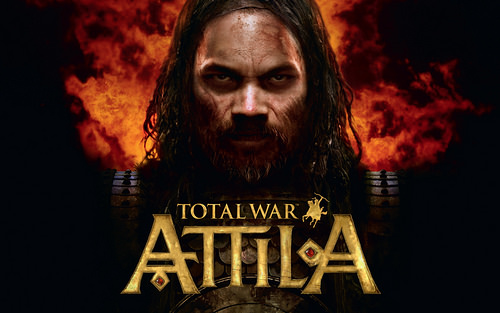
Billeting
It is sensible to receive armed men warmly.Billeting is the practice of housing troops in privately-owned property. For the Roman army this type of accommodation was known as ‘hospitalitas’, from which we get ‘hospitality’. The troops were given one third of their billet's living space and their rations were provided by the provincial authorities, not their hosts. Troops would know which house they were assigned to because their names would be carved on its door post. Billeting troops became a common occurrence in the 4th and 5th century AD as the Western Romans needed to ensure its troops could quickly reach problem areas in their rapidly deteriorating Empire. The limitanei, or frontier units, were well used to maintaining and defending positions over long periods. Compared to the comitatenses, they were static and entrenched within local populaces. Limitanei were even assigned lands in some provinces and conducted maintenance when they weren't fighting. As such, limes became desirable residences, highlighting how easy it was to exploit troop privileges. The mobile field armies of comitatenses were less static and so were often billeted in cities when on campaign. This, again, provided ample opportunity for exploitation and corruption; the most desirable properties and fertile lands were conveniently appropriated by the army to meet the comitatenses’ needs.

 |
Node Set Military Tier 11 |
research_points 0 |
cost_per_round 0 |
Effects
 Recruitment cost: -5% for non-mercenary units (all forces)
Recruitment cost: -5% for non-mercenary units (all forces) Replenishment: +3% (all forces)
Replenishment: +3% (all forces) Recruitment cost: -5% (faction_to_force_own_unseen)
Recruitment cost: -5% (faction_to_force_own_unseen) Upkeep cost: -5% for all units (faction_to_force_own_unseen)
Upkeep cost: -5% for all units (faction_to_force_own_unseen)| Requires | |
|---|---|
| Requires Technologies |
|
| Enables | |
|---|---|
| Enables Technologies |
|
|
|
|
|
|
|


 Français
Français Italiano
Italiano Deutsch
Deutsch Español
Español Русский
Русский Čeština
Čeština Polski
Polski Türkçe
Türkçe